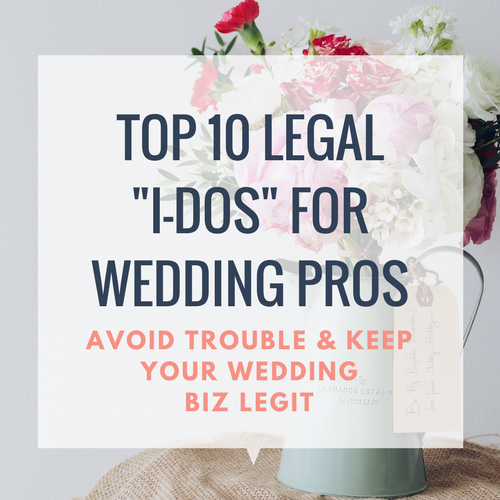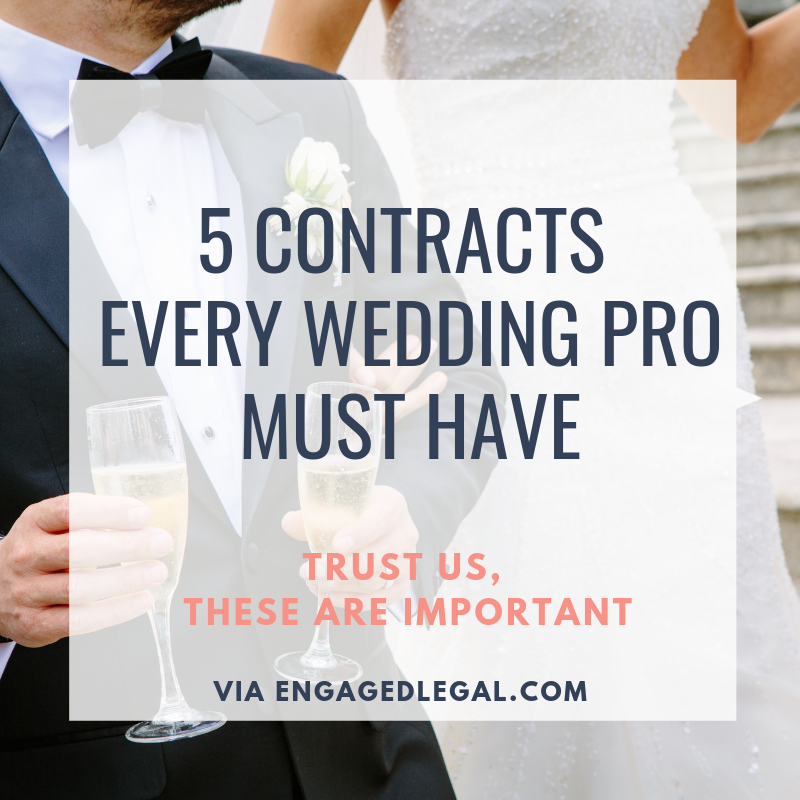Preventing Chargebacks
/It’s a nightmare scenario: You go to check your bank account, and there’s a debit from your payment processor. “What the heck?” you think to yourself. Turns out, a client disputed a charge— they initiated a “chargeback.” Now, you’re out the money they owe you for your services, PLUS a bunch of other fees you didn’t know about. What gives, and how can you fix it?
Welcome to the wild world of Chargebacks.
What is a Chargeback?
A chargeback is a process in which a customer disputes a charge on their credit or debit card and requests a refund from the issuing bank. Chargebacks can occur for a variety of reasons, such as fraudulent activity, a disputed purchase, or a failed transaction.
If a customer files a chargeback, the merchant (i.e., the business that accepted the payment) may be required to provide evidence to the issuing bank or credit card company that the charge was legitimate. If you can’t provide sufficient evidence, the bank may permanently reverse the charge and issue a refund to the customer. You’ll also be required to pay a pre-set chargeback fee (typically up to $50) and absorb the cost of the refunded purchase.
This can be a costly and time-consuming process. especially if that chargeback is for a significant portion of your fees— e.g. the “half due on day of event” payment plan many vendors use!
How Can I Prevent Chargebacks?
Chargebacks suck, there’s no way around it. But there are several steps that wedding pros can take to prevent chargebacks:
Use clear and concise billing descriptors: Make sure that the billing descriptor that appears on your client’s billing statement is clear and easy to understand. This will help customers recognize the charge and reduce the likelihood of a chargeback due to confusion.
Obtain customer authorization: Make sure that you have obtained written authorization from the customer before charging their card. This will provide you with evidence that the charge was authorized if a chargeback is filed. THIS IS ESPECIALLY IMPORTANT for those wedding pros who keep “cards on file” or for venues who might be charging cards after the event for damage, cleaning fees, etc.
Provide excellent customer service: I know you are all out there doing backflips for clients, but sometimes, things go wrong. If a client has complaints, try to resolve them promptly. This can help prevent chargebacks due to customer dissatisfaction. Now, this doesn’t mean let them walk all over you— but a quick, courteous response can really make all of the difference. Don’t avoid answering a client’s email because you’re scared!
Use fraud prevention tools: Implementing fraud prevention tools, such as address verification and card security code checks, can help reduce the risk of fraudulent chargebacks. Typically, your credit card processor will let you turn these features on and off.
And a tip just for wedding pros working to prevent a client’s buyer’s remorse/ the “post wedding blues?” Take photos of your work and screenshot your clients IG posts tagging your work! That will show that you completed the services/ they picked up their dress/ they loved the food/ they were pleased with your services on the day of the event. No claiming how “disappointed” they were and demanding a refund when they posted “OMG OBSESSED!” about your floral designs on the actual wedding day! 🙄
Are Some Payment Processors Better About Protecting Wedding Pros from Chargebacks?
It is important to note that all payment processors issue chargebacks. That being said, some payment processors may have higher chargeback rates than others due to a variety of factors, such as the types of merchants they serve, the types of transactions they process, and the fraud prevention measures they have in place. In my personal experience, PayPal is not merchant-friendly when it comes to chargebacks, and almost always refunds the customer/ client. I stick to payment processors like Stripe, who seems to have a more neutral approach.
Wedding Pros should research and compare different payment processors to determine which one is the best fit for your business. Some factors to consider when choosing a payment processor include: fees and rates they charge, the types of payments they accept, their security measures, and their customer service and support. Also check industry FB groups to see others experiences with those payment processors!
What if the Chargeback is decided against me and the Client Owes Me Money?
Unfortunately, chargebacks are often decided unfairly, and the business suffers. At this point, you’ll need to utilize the court system to sue the client to recoup the fees. You can also sue for compensation for the costs associated with the chargeback (payment processor fees, overdraft fees, etc.). Depending on your state and the amount owed, you may be able to utilize small claims court for this proceeding.
Final thoughts
In conclusion, chargebacks suck. They really do. And at some point, you’ll probably have to deal with one. But by preparing yourself as much as possible for the inevitable chargeback issue, you’ll be equipped to fight the refund as hard as you can, and hopefully come out on top.



















